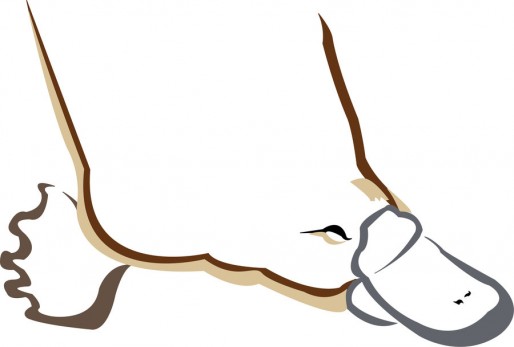 Bradley Garrett, author of Place Hacking – a key blog for urban explorer geeks with an added tinge of bravery – has recently announced he’s started up a very interesting business venture: Academic Media Productions, basically an audio/visual media service that partners with academic researchers.
Bradley Garrett, author of Place Hacking – a key blog for urban explorer geeks with an added tinge of bravery – has recently announced he’s started up a very interesting business venture: Academic Media Productions, basically an audio/visual media service that partners with academic researchers.
Last year I seemed to get quite worked up about the possibilities of using new technologies and platforms for creating, storing and publicising research – film included. Certainly a lot of this had to do with being a co-organiser of the Doing research amongst technologies workshop series. That excitement hasn’t completely disappeared – and I still have a couple of forthcoming non-texty-tricks up my sleeve – but it’s definitely subsided. Perhaps it’s just reality setting in. After all, it’s actually pretty hard to branch out and use lots of new technologies in creative new ways.
Not to mention the question of possible de-skilling. As a geographer with the somewhat odd fortune of mainly dealing with journalism and media students, I am well aware that the notion of a so-called ‘multidisciplinary journalist’ carries strengths and drawbacks in equal measures. Yes, it means thinking laterally about content production across several platforms. This is a good thing in as far as it helps you shift perfectives, express ideas in new ways, and potentially connect to new and unexpected publics. On the other hand, multidisciplinary journalism is almost a byword for being a platypus – doing a lot of things but none particularly well. In effect, being multidisciplinary can actually distract journalists from their primary skills of reporting, investigation and, usually, writing. Because of this, journalists sometimes lament the days when writers did writing, photographers did photography, and designers did graphics and illustrations.
I’m sympathetic to the deskilling argument, but I don’t totally buy into it. It is not only clear that shifting perspectives, expressing ideas in new ways and connecting to new publics are all good things, but also, exploring other forms of expression is just fun. But there’s always the possibility that fun can be had with a little help from a partner. There’s no shame in outsourcing some of that talent from your own embodied self. This may just be my own anxieties speaking out loud here, but you can’t always do it all.
[…] these days increasingly need to be multidisciplinary/multimedia researchers (I’ve written about the ambiguous merits of this before). I think mainly what I’m trying to say is, if you don’t like the sound editing, or the photo, […]